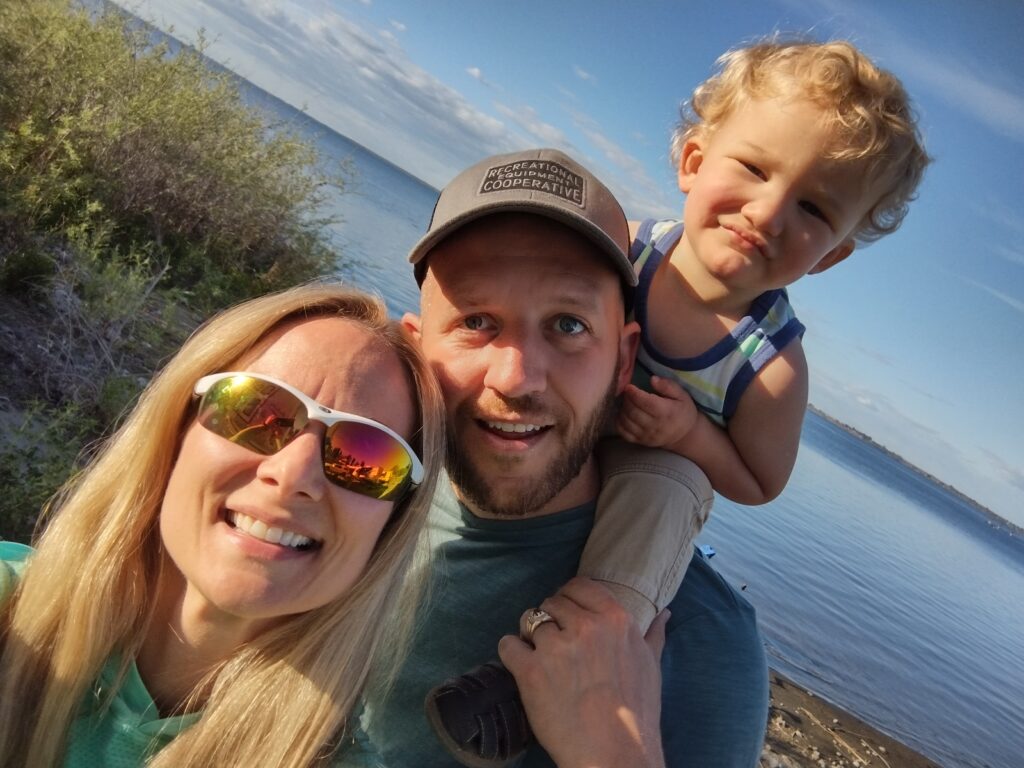What is an exome test?
An exome test (also called exome sequencing) looks at the sections of your DNA that contain most known disease‑causing genes. Instead of only analyzing a few genes at a time, an exome test examines thousands of genes at once. This broader view can help your doctor find possible genetic answers faster—especially if other tests have not provided clarity.


Access testing
Exome testing can often find answers that other tests miss
Multi-gene panels and chromosomal microarrays don’t capture the full picture.
- Panels miss nearly one-quarter of diagnoses that exome testing finds1.
- Exome testing is over twice as likely to lead to a diagnosis compared to chromosomal microarray2.
If other genetic tests have not provided answers, exome testing may be the next best step.


80% of rare diseases have underlying genetic causes³
Exome sequencing could bring them to the surface.
Not sure what’s causing your child’s symptoms?
If your child has unexplained symptoms—like seizures, missed milestones, or an intellectual disability—the cause could be genetic. Exome testing is often recommended as a first step to find a diagnosis sooner.
Already have a diagnosis, but still don’t have answers?
If your child has received a diagnosis of epilepsy, cerebral palsy, autism, or developmental delay, exome testing may help you uncover the underlying cause. That insight could open the door to more tailored care, resources, and support for your family.
A genetic diagnosis can unlock more personalized care and support
- Work with your doctor to create a care or treatment plan for your child’s individual needs.
- Connect with individuals and families that have children with the same diagnosis for support from others in similar situations.
- Search for clinical trials.
- Get insurance coverage for medical equipment or therapies.


More accessible genetic testing for children with epilepsy
Cost should never stand in the way of answers. The Epilepsy Partnership Program was designed to help make testing an option, despite cost. If your doctor recommends exome testing for your child and they are eligible, this program may cover the cost—even if your insurance doesn’t or a claim gets denied.
Talk to Genome Medical to see if your child is eligible.







